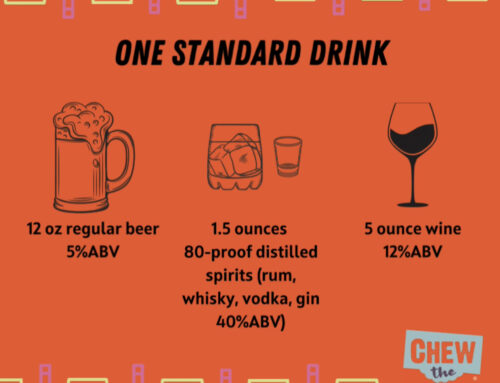Just when you think all of the fad diet books have been written, a new one is published, or another version of an old theme emerges. Take the short-term fast. This isn’t a new idea (to skip a meal, or to eat very low calorie for a day or two), but it is becoming more popular. Intermittent fasting has hit the news and is becoming the new rage as people search for easier ways to lose weight. There’s the book, The Fast Diet, and many others have written about it, but is it a weight loss solution for you?

I’ve often said that the best diet for weight control is the one you can manage to sustain. Fasting can be difficult, and while it’s probably not unhealthy to skip a meal or fast once in a while, I’m not sure that I would recommend a month or more of a 500-calories a day intake. While it is true that when you lose extra weight, you likely improve glucose metabolism there are a few reasons why over restricting calories isn’t a good idea –
- Consuming only 20% of your caloric need will likely switch your body into ketosis.
- When calorie intake is severely restricted, both fat and muscle loss usually occur. However when calories return to a more normal level or above, weight is replaced primarily as fat. This change in body composition (fat to lean tissue) affects overall metabolism (fat burns less calories than muscle).
Eating less, however, is key to weight loss. So why not just get back to basics and eat when you are hungry, slow down, and stop eating when you are full? A short-term “fast” (skipping a meal, or eating one 500 calorie meal, and two 200-300 calorie meals) may be beneficial for some to help get hunger under control, and skip junk food snacks. Be sure to stay hydrated, and work on balanced eating the rest of the week. A sample “fast” day could look something like this:
1 cup oatmeal with berries or sliced banana, 4 ounces lowfat milk, plain coffee or tea
1/2 cup low fat cottage cheese or ricotta, sliced peach, tossed green salad with 2 TB dressing, water
4 ounces baked fish or skinless chicken, 1 cup steamed veggies, water
Long term weight management takes long term behavior management. As our lives change, our eating habits can change, and we have to continually work at keeping things balanced for our age and activity. This means making some changes. You don’t have to do anything too extreme, just start eating one or two lighter meals a week, then per day. For weight loss, calorie intake must be reduced, but you don’t have to starve yourself to achieve that.





Informative Post! Dieting is not the ultimate solution. Make a plan for your diet and should start some workout.You can get the result in few weeks. Eating less is the key to lose weight. Thanks Rosanne Rust for sharing this informative post.